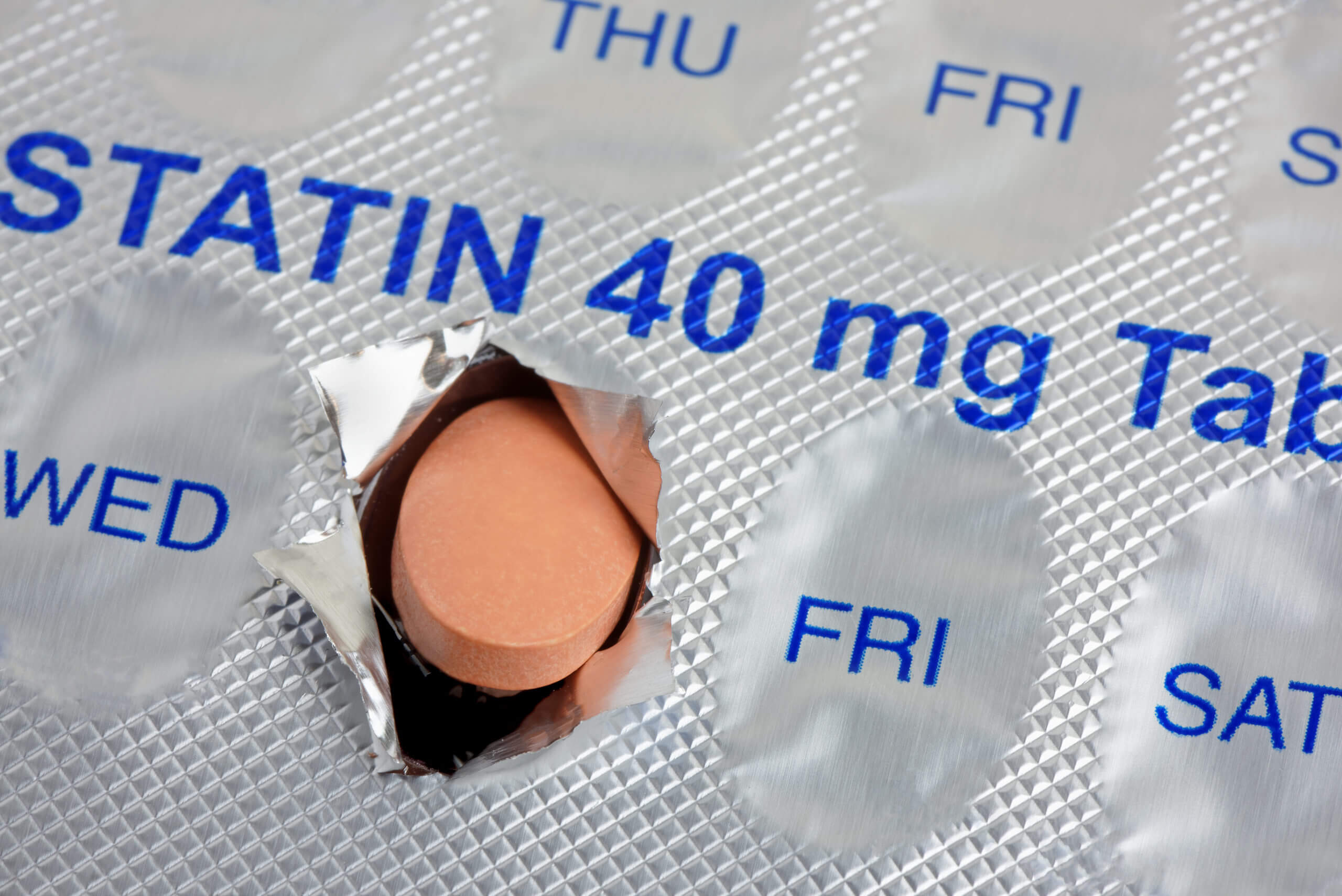Statins, a commonly prescribed cholesterol-lowering drug, may contribute to healthy changes in the gut microbiome, according to a recent study. Previous research proves a clear connection between the gut microbiome in relation to cardiovascular diseases and metabolic disorders. In addition to this knowledge, recent study developments occur within a collaborative research team from the EU called Metagenomics in Cardiometabolic Diseases (MetaCardis).
Aspects of the Research Study
The mission of the MetaCardis research group is to explore if the microbiota of the gut is a definitive link to cardiovascular diseases and how the gut microbiota composition contributes to cardiovascular diseases. The group research project by MetaCardis spans 14 different research groups and across six countries.
The study investigates over 2,000 European citizens with differing levels of cardiovascular disease. Close examination of the gut microbiome of study participants causes researchers to split the main groups of gut microbiota into categories known as enterotypes.
Those with a specific enterotype known as Bacteroides 2 (Bact2) are more likely to have more Bacteroides bacteria than Faecalibacterium and a reduced concentration of gut microbes than those with other enterotypes, according to previous research. Bacteria that lack Bact2 express anti-inflammatory properties and tend to strengthen the immune system, such as bacteria like Faecalibacterium. Additionally, Bact2 is commonly found in individuals that suffer from forms of depression, inflammatory bowel disease, multiple sclerosis, and obesity.
The study finds that a large portion of the research group taking the drug statin exhibits a decrease in Bact2. This decrease in Bact2 promotes a healthier and more normal gut microbiome in study participants.
“Although the study does not provide a causal link […] it’s exciting to see how a well-established and clinically used drug can change the gut microbiota. Time will tell whether statins affect bacteria in the gut directly or whether these drugs affect both gut and immune cells that, in turn, help modify the microbiota,” explains Fredrik Bäckhed in a statement. Bäckhed is a study author and Professor of Molecular Medicine at Sahlgrenska Academy, University of Gothenburg. His focus of study centers on the impact of the gut microbiome on metabolism.
Future Benefits of Study Finds
It’s necessary for in-depth gut microbiome research to continue in order to make definitive steps in the form of medical treatments and therapies for those suffering from metabolic issues and cardiovascular ailments. However, there is optimism in the medical and scientific community alike, that these findings will help further the development of drugs, like statins, that aid in changing the microbiota of the gastrointestinal system to a healthier state.
This study is published in Nature.
